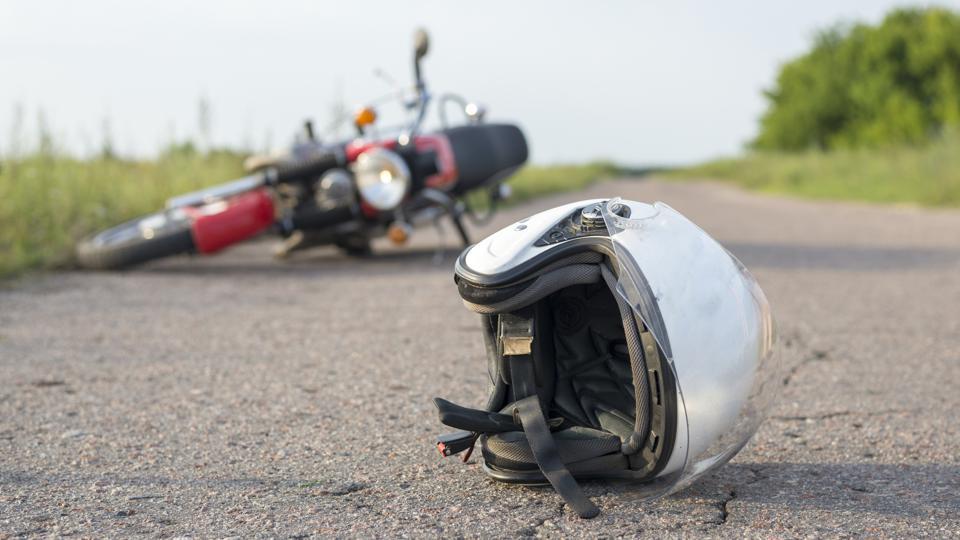It might be intimidating to meet with a motorcycle accident lawyer for the first time, particularly if you’re still coping with the financial, emotional, and physical effects of a collision. But being ready in advance can have a significant impact on how well the meeting goes and how fast your argument advances. Your lawyer will be in a better position to assess your claim and begin constructing a compelling case on your behalf if you can supply more details and supporting proof. Bringing thorough documentation to your first consultation with a motorcycle accident attorney in Denver can help them quickly assess your case and create an effective legal strategy from the start.
Here’s a detailed look at what you should bring to your first consultation.
1. Accident Report Or Police Report
One of the most critical pieces of evidence in any motorcycle accident case is the official report prepared by law enforcement. Details including the accident’s date, time, and place, witness and participant statements, and occasionally the officer’s determination of fault are all included in this record.
If you have a copy, bring it with you. If not, your attorney can help you obtain one, but having it at the first meeting can save time.
2. Medical Records and Bills
Your medical treatment following the accident is central to your claim. Bring any hospital records, doctor’s notes, physical therapy reports, and prescription receipts you have. These documents not only show the extent of your injuries but also help establish the cost of your treatment.
If you’re still undergoing treatment, let your attorney know so they can anticipate future medical expenses when calculating your potential compensation.
3. Photos And Videos From The Accident
Your evidence can be incredibly persuasive in demonstrating the severity of the accident and the damage it caused. If you or someone else took photos or videos of the crash scene, your motorcycle, other involved vehicles, or your injuries, bring them along.
Even seemingly minor details in these images can help your attorney better understand how the accident occurred.
4. Insurance Information
Bring copies of your motorcycle insurance policy, as well as any correspondence you’ve received from your insurance company or the other party’s insurer. This includes claim numbers, adjuster contact information, and any settlement offers you may have received.
In order to determine coverage limits and to better prepare for talks, your lawyer will examine these documents.
5. Witness Information
If there were people who saw the accident party’s their testimony could be crucial to your case. Bring the names, phone numbers, and any other contact details of witnesses so your attorney can follow up with them quickly.
6. Employment and Income Records
If Your Injuries have forced you to miss work, your attorney will need proof of lost wages. Bring tax returns, recent pay stubs, or a letter from your employer detailing your earnings and the amount of time you missed due to the injury.
This documentation helps ensure that your claim accurately reflects the financial impact of your injuries.
7. Personal Notes About the Accident
In the days and weeks following an accident, it’s easy to forget small but essential details. If you’ve kept a journal of your symptoms, treatments, pain levels, or how your injuries have affected your daily life, bring it with you. These personal accounts can strengthen your case by showing the human impact beyond just numbers and documents.
Why Preparation Matters?
The first meeting with your attorney is an opportunity to lay the groundwork for your case. By arriving with as much relevant information as possible, you enable them to start assessing liability, damages, and potential strategies immediately.
Being well-prepared also helps your attorney anticipate the challenges ahead, whether that’s negotiating with an insurance company or preparing for trial.
Conclusion
In order to get the money you are entitled to, you must first consult with a motorcycle accident lawyer. You give your lawyer the resources they need to defend your rights by obtaining accident reports, medical records, photographs, insurance information, witness details, incident reports, and private notes. With the proper preparation, you can make your first consultation efficient, productive, and a strong starting point for building a compelling case.



